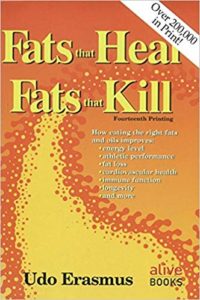Book Description
Biochemical Individuality. Publication Date: September 11, 1998
 Forty years ago Dr. Roger Williams, a University of Texas biochemist, published this groundbreaking work, which is only now coming to be accepted and understood by the medical community. Until now, generalized dietary recommendations like the RDAs were the norm. This timeless classic links our biological diversity with individual nutritional needs and shows you how to determine and meet those needs for optimal well-being.
Forty years ago Dr. Roger Williams, a University of Texas biochemist, published this groundbreaking work, which is only now coming to be accepted and understood by the medical community. Until now, generalized dietary recommendations like the RDAs were the norm. This timeless classic links our biological diversity with individual nutritional needs and shows you how to determine and meet those needs for optimal well-being.
Review
By Cassandra Barnes
Biochemical Individuality was first published by Dr. Roger J. Williams in 1956. It has just been reissued with a new introduction by Jeffrey S. Bland, Ph.D. Dr. Bland explains that Dr. Williams was the first to recognize all humans differ biochemically from others. He says that Dr. Williams was also the first to recognize that “nutritional status can influence the expression of genetic characteristics.”
Dr. Williams conducted his own studies, as well as drawing on the work of others, to show that each of us is different. One chapter describes differences in anatomy, outlining how even such vital organs as hearts and stomachs vary in size, shape, and physical location from person to person.
The chapter on pharmacology explains how, even though the chemistry of each is known, drugs effect people in different ways, due to differences in body chemistry. That’s why what works for one person doesn’t necessarily work for another.
Dr. Williams says that “while the same physical mechanisms and the same metabolic processes are operating in all human bodies, the structures are sufficiently diverse [that] the sum total of all the reactions taking place in one individual’s body may be very different from those taking place in the body of another individual of the same age, sex, and body size.”
His observations led Dr. Williams to theorize that each individual also had unique nutritional needs, and that determining and meeting those needs would help combat disease.
Although written in academic language, Biochemical Individuality is of interest all readers who recognize “there is no such thing as a truly ‘normal’ individual” and that people have “unique biochemical profiles based upon their own genetic structure, nutrition, and environment.”












